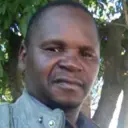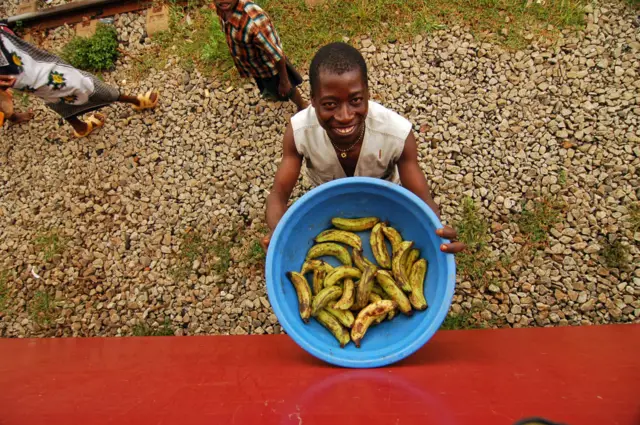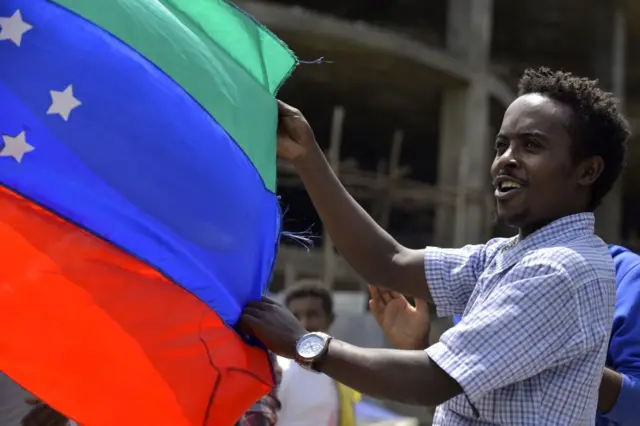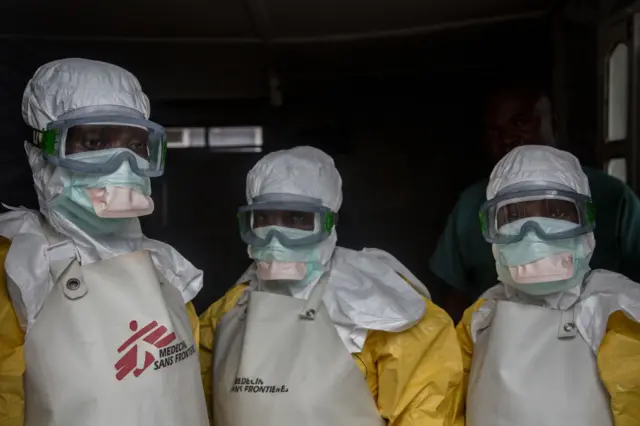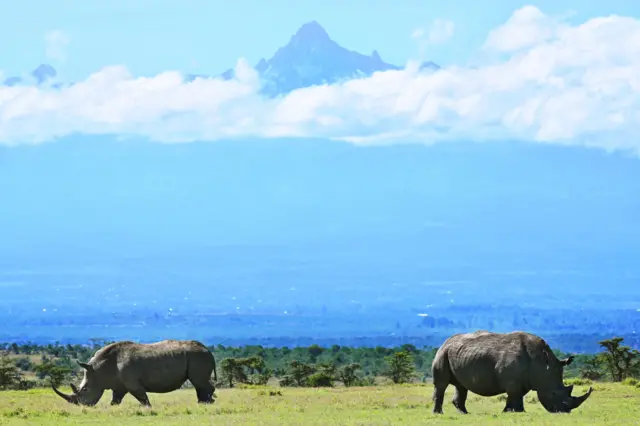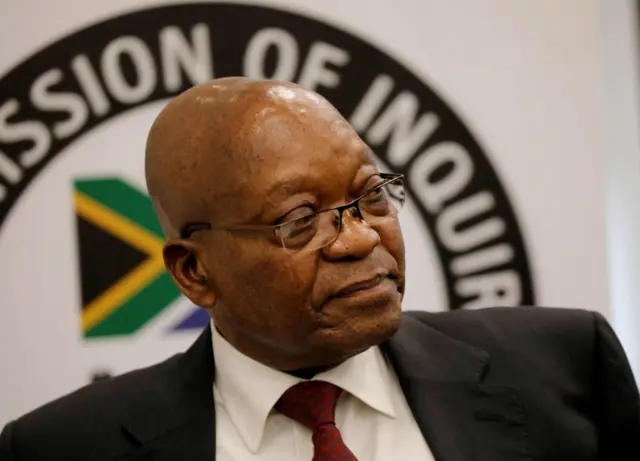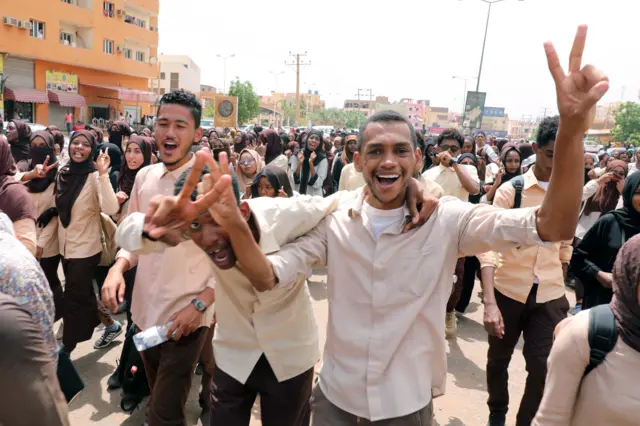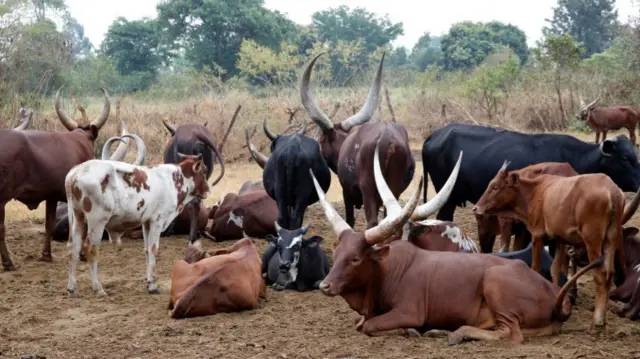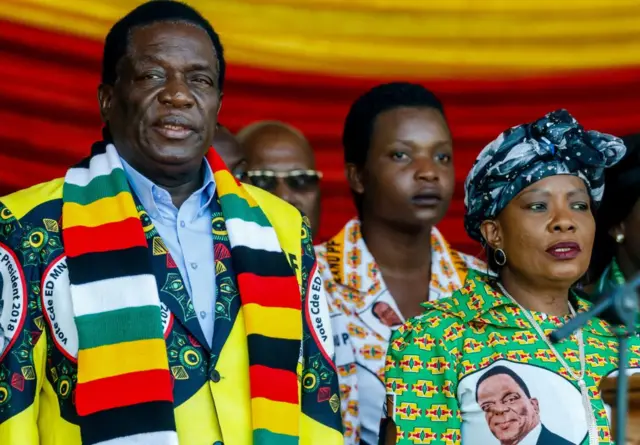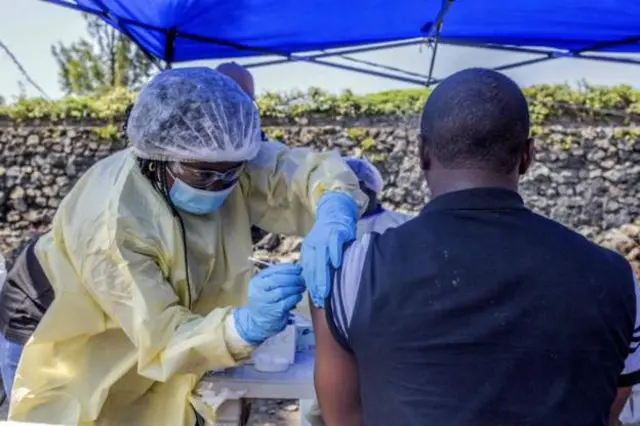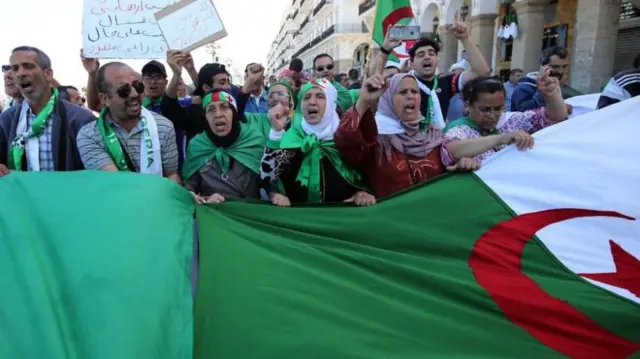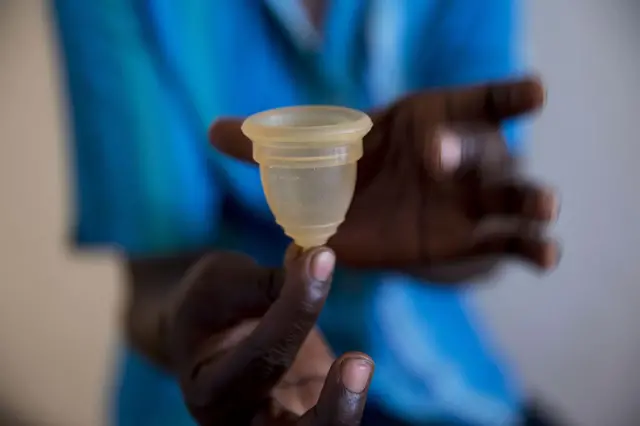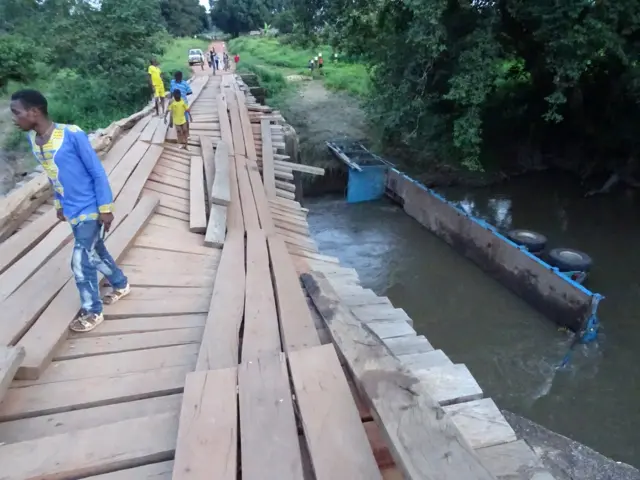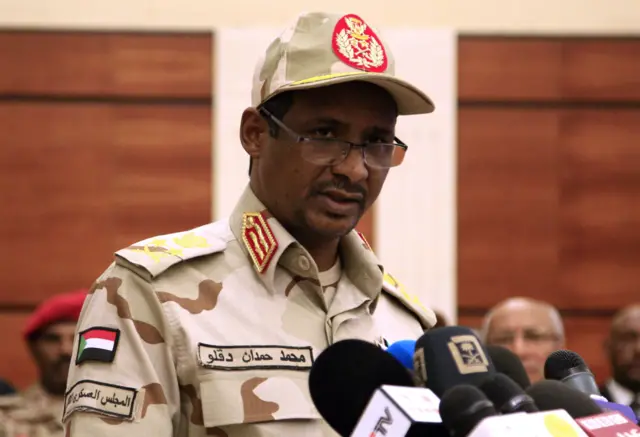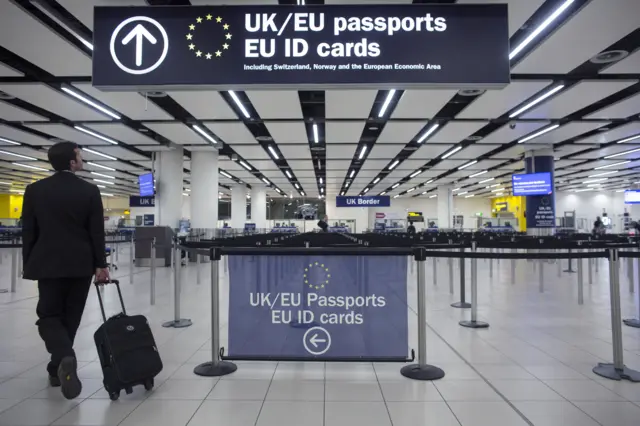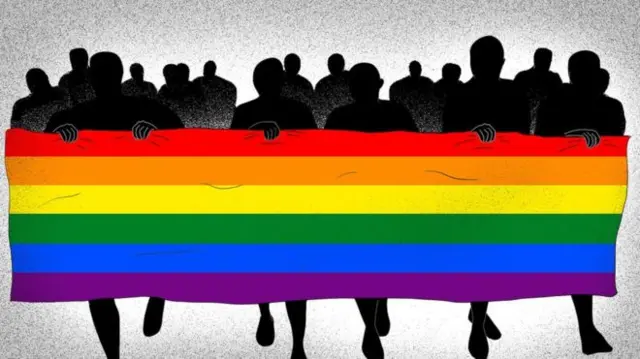Scroll down for Wednesday's storiespublished at 17:31 BST 17 July 2019
We’ll be back on Thursday
BBC Africa Live
Damian Zane, Nduka Orjinmo and Rosie Blunt
That's all from BBC Africa Live for now. Keep up-to-date with what's happening across the continent by listening to the Africa Today podcast or check BBCAfrica.com.
A reminder of our wise words:
Quote MessageBaldness comes up on you stealthily."
A Somali proverb sent by Abdirisak Husen Omer in Jigjiga, Ethiopia
We leave you with this photo of a little boy in Mozambique who has been having fun on the beach:
Allow Instagram content?
This article contains content provided by Instagram. We ask for your permission before anything is loaded, as they may be using cookies and other technologies. You may want to read Meta’s Instagram cookie policy, external and privacy policy, external before accepting. To view this content choose ‘accept and continue’.
